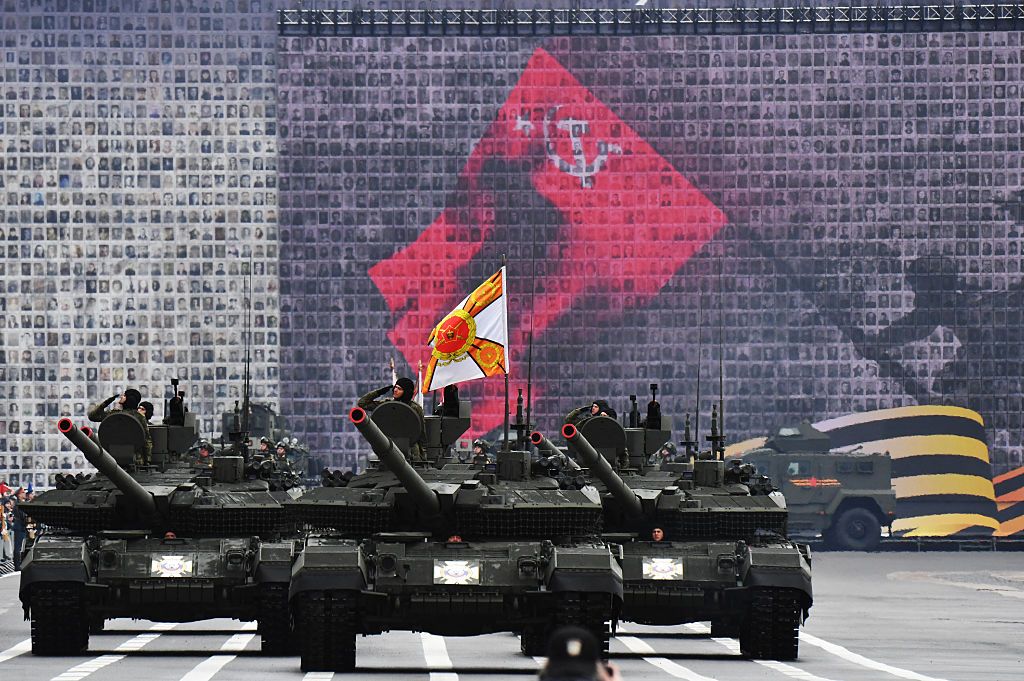62% of Americans back sanctions on Russia's trading partners, poll says

Most Americans support expanding sanctions to Russia’s trading partners as a way to pressure Moscow to end its war in Ukraine, according to a Reuters/Ipsos poll released on Aug. 27.
The three-day survey, which concluded on Aug. 24, found that 62% of respondents favored sanctions against countries that continue to trade with Russia. The results indicate bipartisan support for a more aggressive economic strategy against Moscow.
Among supporters of U.S. President Donald Trump from the Republican Party, 76% backed sanctions against Russia's trading partners, while Democrats shared this position at 58%. The survey covered 1,022 American adults nationwide with a margin of error of 3% points.
Despite international sanctions, Russia has maintained trade relationships with several nations.
China, Moscow's largest trading partner, purchases nearly one-third of all Russian exports, while India buys roughly 40% of Russian oil. On Aug. 27, a new 25% U.S. tariff took effect, doubling tariffs on Indian imports to 50%.
New Delhi, Russia's second-largest oil export destination, is reluctantly reducing supplies and purchases to 1.4-1.6 million barrels from the current 1.8 million barrels, according to Bloomberg. Indian state refineries only temporarily halted Russian oil purchases, however, and the country has continued to benefit from discounted Ural crude affected by sanctions.
Amid uncertainty over India’s purchases, Russia has shifted more of its oil supplies to China, selling Urals crude at a $1 per barrel discount. Despite Trump’s tariff threats, China has vowed to continue buying Russian oil, saying it aligns with "their national interests." While Beijing claims neutrality in the war, it has emerged as a crucial lifeline for Russia by providing dual-use technology and maintaining steady oil imports.
Trump has also threatened to impose 100% secondary tariffs on Russian oil by Aug. 8 if Moscow did not agree to end the war in Ukraine. Despite the deadline, those measures have been postponed, with Trump instead agreeing to an in-person meeting with Russian President Vladimir Putin on Aug. 15 in Alaska.
Beyond China and India, Turkey, the UAE, Iran, and several other countries remain important trading partners, helping Moscow circumvent Western sanctions through alternative trade routes and payment systems.
Russia also continues to evade oil sanctions through a "shadow fleet" of aging tankers flying third-country flags to transport crude.
According to Financial Times analysis of Kpler data, 115 sanctioned crude carriers shipped an average of 48 million barrels of Russian oil per month before designation, compared with just 13 million barrels afterward. People familiar with White House discussions told the Financial Times that the Trump administration is also considering sanctions on Russia’s shadow fleet.












